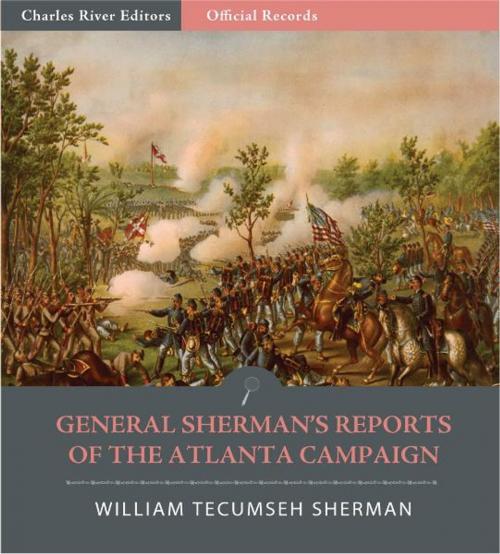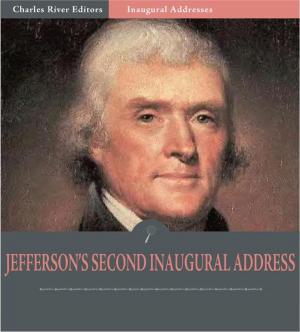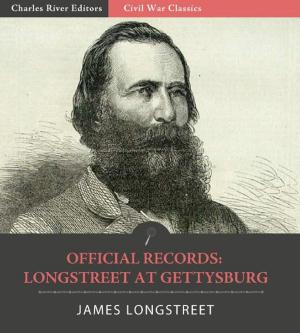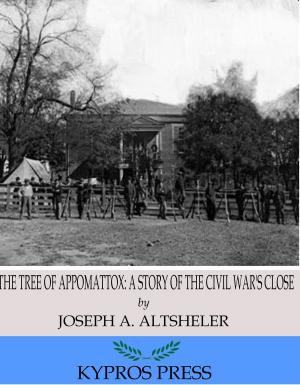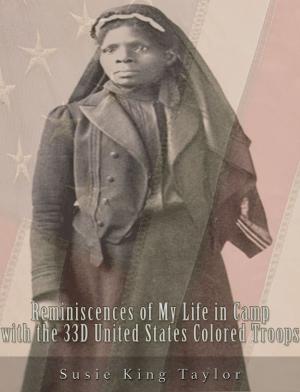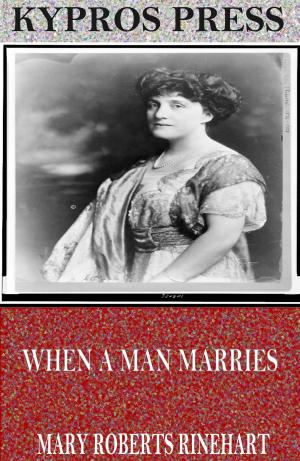Official Records of the Union and Confederate Armies: General William Tecumseh Shermans Reports of the Atlanta Campaign
Nonfiction, History, Americas, United States, Civil War Period (1850-1877), 19th Century, Military| Author: | William Tecumseh Sherman | ISBN: | 9781619824997 |
| Publisher: | Charles River Editors | Publication: | February 15, 2012 |
| Imprint: | Language: | English |
| Author: | William Tecumseh Sherman |
| ISBN: | 9781619824997 |
| Publisher: | Charles River Editors |
| Publication: | February 15, 2012 |
| Imprint: | |
| Language: | English |
William Tecumseh Sherman (February 8, 1820 February 14, 1891) holds a unique position in American history. Synonymous with barbarity in the South, Sherman is lauded as a war hero in the North, and modern historians consider him the harbinger of total war. As a General in the Union Army during the American Civil War (186165), Sherman was recognized for his outstanding command of military strategy but criticized for the harshness of the "scorched earth" policies that he implemented in conducting total war against the Confederate States, especially in 1864 and 1865. Military historian B. H. Liddell Hart famously declared that Sherman was "the first modern general." One of Shermans most famous campaigns was the one in which he took Atlanta, one of the Souths most important cities, just ahead of the presidential election of 1864. His great success was credited for helping President Lincoln get reelected that November. Naturally, as leader of the three major armies conducting the Atlanta Campaign, Sherman had to keep his superiors back in Washington updated, and his reports on the campaign were preserved in The War of the Rebellion: Official Records of the Union and Confederate Armies.
William Tecumseh Sherman (February 8, 1820 February 14, 1891) holds a unique position in American history. Synonymous with barbarity in the South, Sherman is lauded as a war hero in the North, and modern historians consider him the harbinger of total war. As a General in the Union Army during the American Civil War (186165), Sherman was recognized for his outstanding command of military strategy but criticized for the harshness of the "scorched earth" policies that he implemented in conducting total war against the Confederate States, especially in 1864 and 1865. Military historian B. H. Liddell Hart famously declared that Sherman was "the first modern general." One of Shermans most famous campaigns was the one in which he took Atlanta, one of the Souths most important cities, just ahead of the presidential election of 1864. His great success was credited for helping President Lincoln get reelected that November. Naturally, as leader of the three major armies conducting the Atlanta Campaign, Sherman had to keep his superiors back in Washington updated, and his reports on the campaign were preserved in The War of the Rebellion: Official Records of the Union and Confederate Armies.
